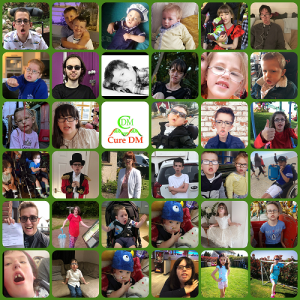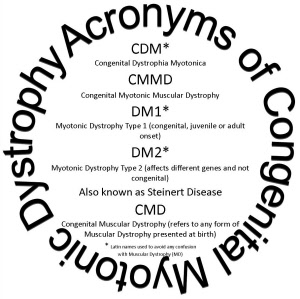 |
Questions and Answers!
Sometimes its hard to read pages of information to find the answer to those questions you have. This page is a quick Q and A page.
If you have a question you'd like to see on this page - please email us and we will do our best to add it.


Disclaimer:
"This site is owned and operated by CureDM, which is a registered charity. Nothing contained in this site is or should be considered, or used as a substitute for medical advice, diagnosis or treatment. The site owners and administrators cannot accept any legal or personal liability for the outcomes of actions taken by you in using this information. This site and its information do not constitute the practice of any medical, nursing, registered dietitian or nutritionist, or other professional health care advice, diagnosis or treatment.
All items and articles are written by individual authors. The opinions expressed are entirely the authors' own, except where clearly indicated. We strongly advise you to speak with a medical professional about all aspects of the condition."